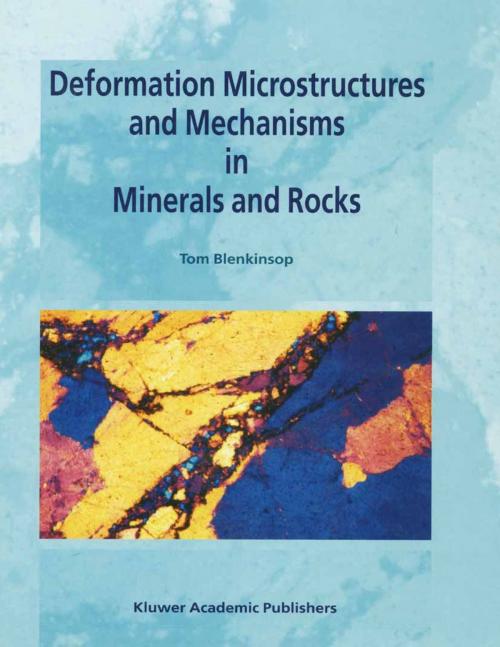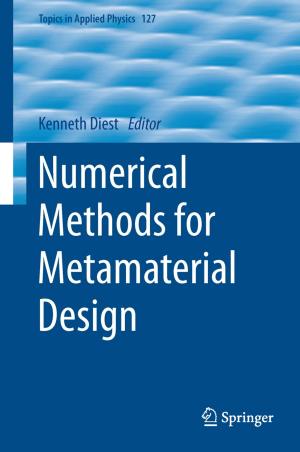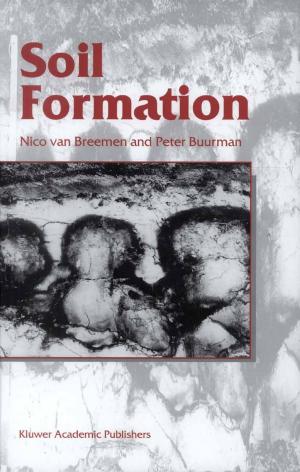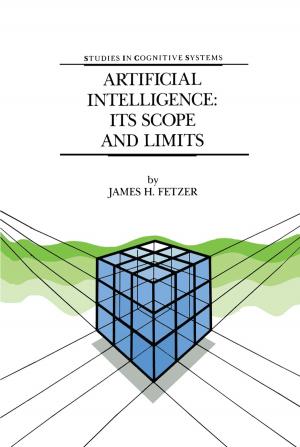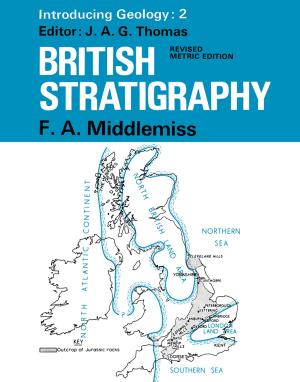Deformation Microstructures and Mechanisms in Minerals and Rocks
Nonfiction, Science & Nature, Science, Earth Sciences, Mineralogy, Geology| Author: | Tom G. Blenkinsop | ISBN: | 9780306475436 |
| Publisher: | Springer Netherlands | Publication: | May 8, 2007 |
| Imprint: | Springer | Language: | English |
| Author: | Tom G. Blenkinsop |
| ISBN: | 9780306475436 |
| Publisher: | Springer Netherlands |
| Publication: | May 8, 2007 |
| Imprint: | Springer |
| Language: | English |
This book is a systematic guide to the recognition and interpretation of deformation microstructures and mechanisms in minerals and rocks at the scale of a thin section. Diagnostic features of microstructures and mechanisms are emphasized, and the subject is extensively illustrated with high-quality color and black and white photomicrographs, and many clear diagrams. After introducing three main classes of deformation microstructures and mechanisms, low- to high-grade deformation is presented in a logical sequence in Chapters 2 to 5. Magmatic/submagmatic deformation, shear sense indicators, and shock microstructures and metamorphism are described in Chapters 6 to 8, which are innovative chapters in a structural geology textbook. The final chapter shows how deformation microstructures and mechanisms can be used quantitatively to understand the behavior of the earth. Recent experimental research on failure criteria, frictional sliding laws, and flow laws is summarized in tables, and palaeopiezometry is discussed.
Audience: This book is essential to all practising structural and tectonic geologists who use thin sections, and is an invaluable research tool for advanced undergraduates, postgraduates, lecturers and researchers in structural geology and tectonics.
This book is a systematic guide to the recognition and interpretation of deformation microstructures and mechanisms in minerals and rocks at the scale of a thin section. Diagnostic features of microstructures and mechanisms are emphasized, and the subject is extensively illustrated with high-quality color and black and white photomicrographs, and many clear diagrams. After introducing three main classes of deformation microstructures and mechanisms, low- to high-grade deformation is presented in a logical sequence in Chapters 2 to 5. Magmatic/submagmatic deformation, shear sense indicators, and shock microstructures and metamorphism are described in Chapters 6 to 8, which are innovative chapters in a structural geology textbook. The final chapter shows how deformation microstructures and mechanisms can be used quantitatively to understand the behavior of the earth. Recent experimental research on failure criteria, frictional sliding laws, and flow laws is summarized in tables, and palaeopiezometry is discussed.
Audience: This book is essential to all practising structural and tectonic geologists who use thin sections, and is an invaluable research tool for advanced undergraduates, postgraduates, lecturers and researchers in structural geology and tectonics.
